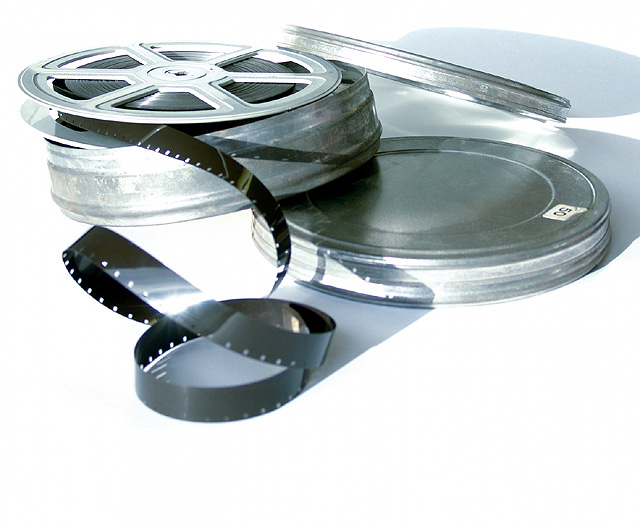Getting reel
New Yorker film critic muses about books, the state of cinema and the next big thing
No one will ever confuse David Denby with David Manning, the bogus film critic invented by Columbia Pictures.
Denby, the distinguished voice of The New Yorker magazine, occupies that elite group of cinematic experts who don’t just review a movie but investigate and illuminate it for the reader. They also shy away from allowing their words to be exploited as critical blurbs in movie ads.
In that respect, Denby is kind of a dying breed.
“There’s been this weird reversal in which somehow commerce is hip and art is square – which is not a good situation for critics,” he says, speaking from his home in New York City.
While he has been professionally involved with film reviewing since 1969, he also has developed quite a literary reputation. His 1996 effort “Great Books” was inspired by a return to his alma mater, Columbia University, to enroll in the school’s lauded course of the same name.

His most recent book, “American Sucker,” followed his account of making and then losing more than $900,000 in the dot.com debacle.
Denby will reconnect with the college crowd once again when he speaks in Lawrence today as part of a series of events to celebrate the 60th anniversary of the Western civilization program at Kansas University.
Q: What is the first movie you remember going to see?
A: I remember my mom taking me out of “The Wizard of Oz” when we saw it at a revival house on Madison Avenue, because I got scared from the witch. … I just started screaming in the theater. Of all the movies to be upset by.
Q: What’s the greatest misconception about film critics?
A: There are so many different kinds of film critics – people working at different venues and reaching for different audiences, with different amounts of knowledge of their art and of writing itself. I would find it very hard to generalize. I know that I don’t write for the industry. I’m not an insider. I don’t know if this is a misconception, but unfortunately a lot of critics allow themselves to be swept into the promotional efforts of movies. I’m not an inside dopester. (Critics) are not part of the industry. We’re outsiders. We’re part of the audience.
Q: What are you planning to discuss during your lecture at KU?
A: I did this book about going back to Columbia and reading the core curriculum. There’s a humanities program at KU that’s somewhat similar. I will talk about what does it mean now to read the classics in this period of war when Islamic fundamentalism is obviously challenging the basic Western values and saying they’re corrupt, and how do we respond to that.
Q: You detail the dot.com collapse in “American Sucker.” What’s the next cultural land mine that is going to foster a new batch of American suckers?
A: The obvious place to speculate would be nanotechnology. There are people who claim to know where that’s going – there is plenty of money devoted to it in research terms within large and small corporations. If you’re talking about the stock market, that’s next.
Q: There has been a lot of press about the summer’s box-office woes and how the crop of movies was so poor. Was it really worse than any other year?
A: I think people are getting bored. Just tracking my younger son, there’s really a malaise here. If you’re going to replace emotion and drama with sensation and spectacle, you’re sort of cutting the path to boredom. That’s because you have to keep upping the ante to excite people. If excitement is all kids expect to get out of movies, and they’re not being engaged at any emotional level, then you’re creating the path to boredom. As you get more and more spectacular and sensational, it gets more and more like a video game and less and less like what we grew up with as movies.
Q: So far, what tops your list for best movie you’ve seen this year?
A: I like “Crash” a lot, and that’s a controversial opinion because many people didn’t, including many friends of mine. I thought it was very bold and brave. I see what people didn’t like about it: There are too many coincidences, and there’s a certain plot device repeated where each of us has good and bad sides. But I didn’t take it as a realistic movie. Actually, my 18-year-old son said, “It’s not a realistic movie. It’s a fairy tale about Los Angeles.” That’s clear from the opening narration. That’s the strongest American movie this year. And I think “Lord of War,” in its cynical way, was a lot of fun.
Q: What about the worst ones?
A: You know something, I don’t really see the worst movies since there’s no way of reviewing them in The New Yorker. Anthony Lane and I each have only 23 shots a year – 46 issues a year. I’m 62, and I’m not required to do this. I’m lucky enough to not have to review “The Dukes of Hazzard” or “Four Brothers.” Life isn’t long enough. I’d rather read a book or spend an evening talking to my wife and friends than see a movie I’m not going to review.








